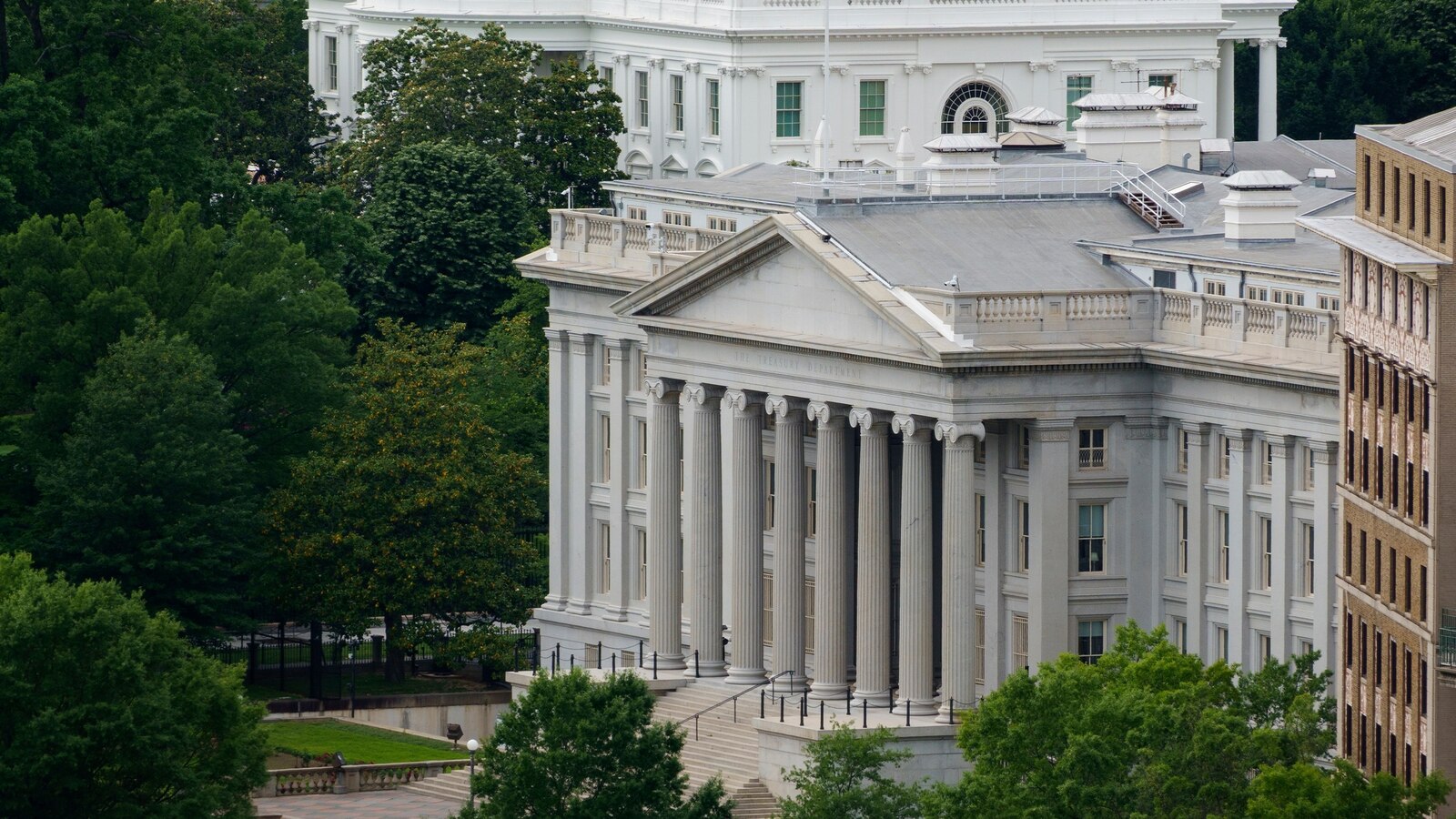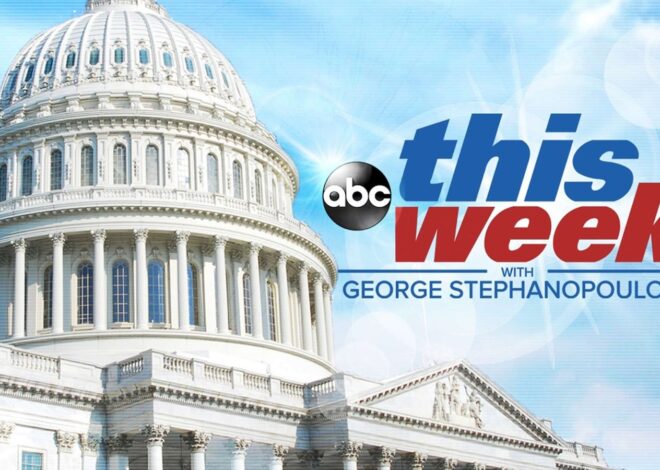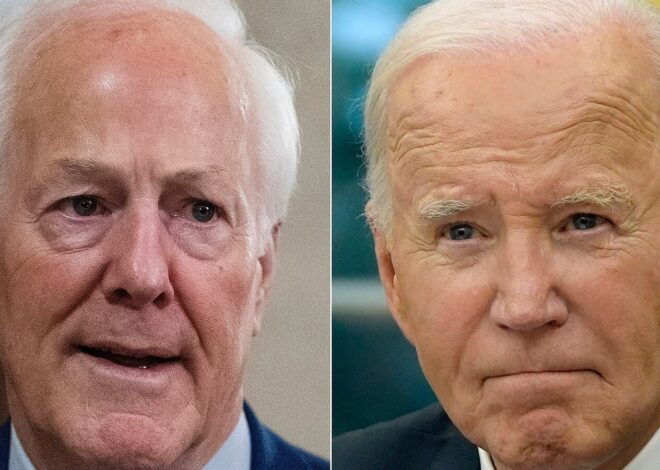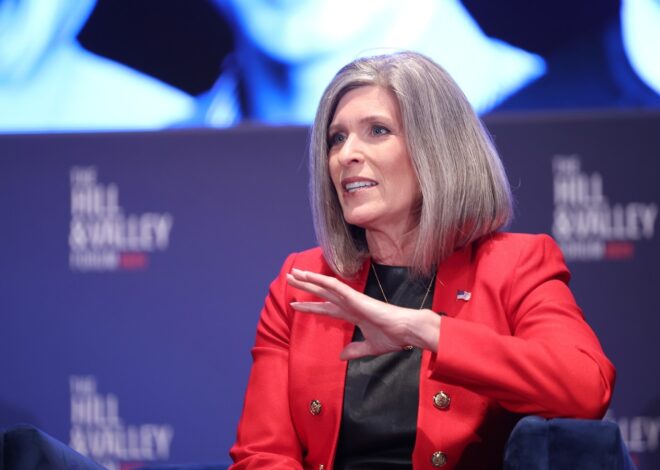
Court Grants DOGE Access to Sensitive Treasury Payment Systems
A Quiet Shift in the Treasury
Maybe this is how it begins. A subtle shift beneath the surface, unnoticed by most, yet rippling outward in ways unforeseen. A federal court decision, seemingly ordinary in its delivery, has quietly altered the landscape for the Treasury Department and the Trump administration. It’s a strange win, wrapped in layers of legal nuance and bureaucratic maneuvering.
In what some might call a pivotal decision, U.S. District Judge Jeannette Vargas has opened a new chapter. The ruling permits a team from the Department of Government Efficiency (DOGE) to gain access to a sensitive Treasury Department system-a system managing trillions in federal payments. The Bureau of the Fiscal Service, the government’s proverbial checkbook, is now within DOGE’s reach. This wasn’t without its dramas. In February, a legal whirlwind erupted when Democratic attorneys general sought to block this access. A tug-of-war ensued, with Vargas initially siding with caution.
Yet, here we are. The dust seems to have settled, at least for now. Vargas no longer requires the Trump administration to seek the court’s blessing for expanding access. The process is streamlined-efficient, some might say. Four DOGE employees can now peek into the government’s financial core, with more potentially on the horizon. The twist? The attorneys general, those fierce opponents of early 2023, appear content if there’s assurance of proper training. Maybe they’ve seen the writing on the wall, or perhaps they’ve realized the power of compromise.
Back in April, it was a tentative step. One DOGE employee was allowed access-a test, a probe into the complex machinery of federal finance. Yesterday’s decision marks the next step, with a system now in place to train employees, ostensibly to prevent any improper disclosures. There’s an odd sense of relief mingled with skepticism. Vargas herself remarked on the futility of acting as a human resources arbiter for the Treasury. It’s a fair point, perhaps. The Treasury Department, with its sprawling bureaucracy, should be left to its own devices-at least, that’s the implication.
For the Trump administration, this ruling signals a momentary triumph. It smooths a previously bumpy road, granting an opportunity to demonstrate a capability to manage the financial intricacies without external oversight. But is it a path paved with good intentions or something else entirely? That’s harder to say. In politics, certainty is often a mirage.
If you squint just right, you might see this as a metaphor for broader themes-a dance between transparency and control, between oversight and trust. It’s a small step in a larger political play, perhaps, but isn’t that how history sometimes sneaks up on us? With decisions that seem minor until they’re not. For those who relish in the political intricacies, this might just be another chapter worth watching.
For more details, you might wander over to Reuters to see how they unravel the threads of this tale. There’s always more beneath the surface, after all.



